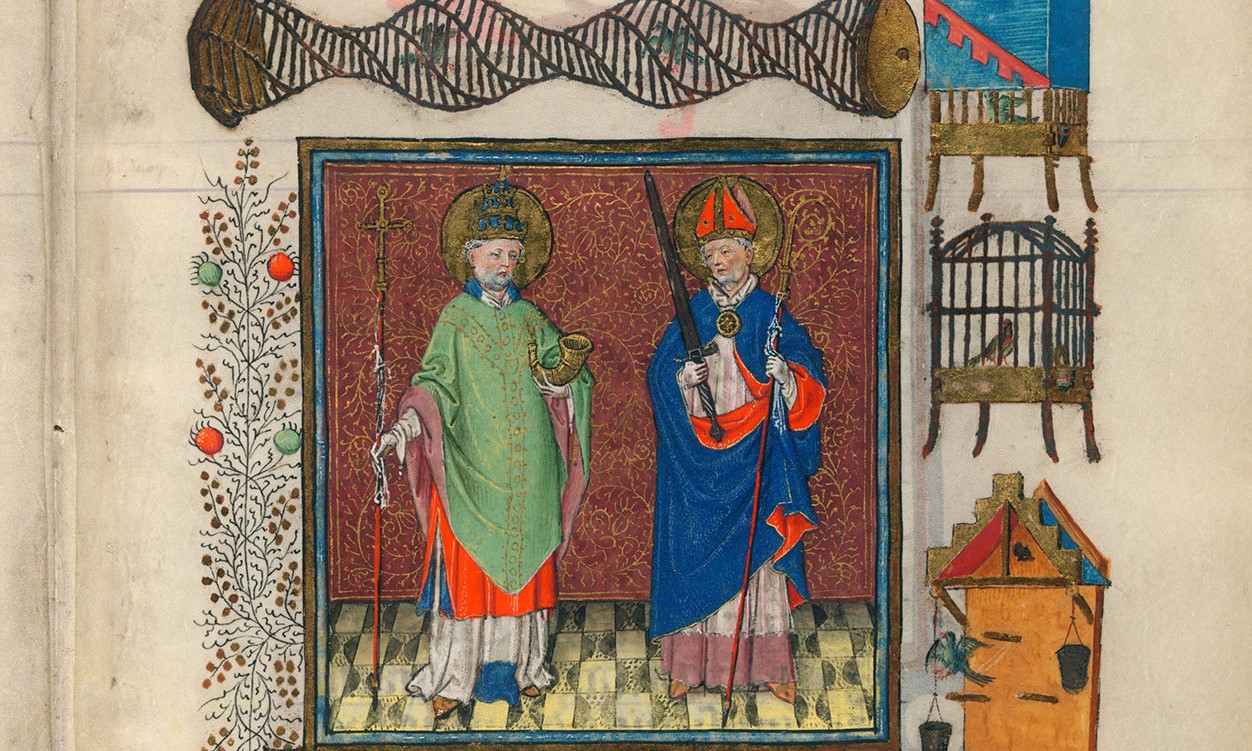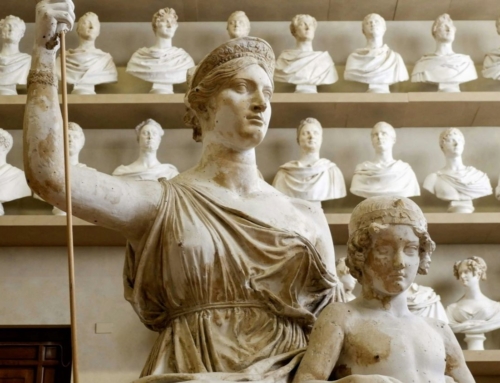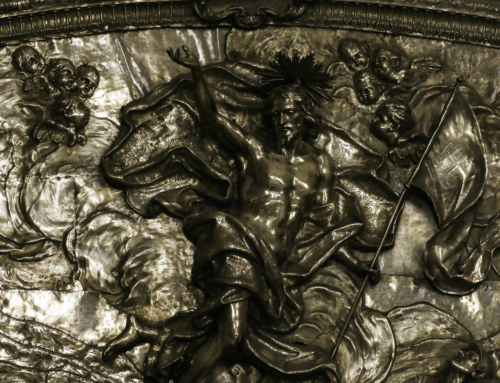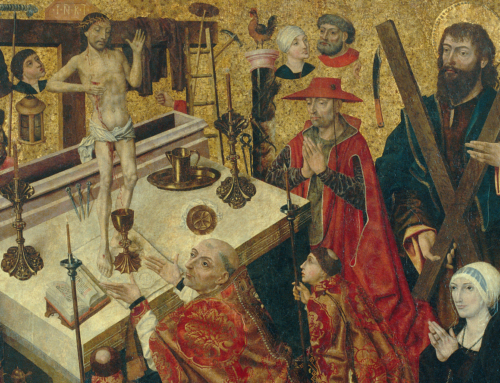“Sacrifice or I’ll make you sacrifice.” Such was the choice that the Emperor Decius enjoined upon third century Christians. In response, some Christians refused, suffering torture or martyrdom. Others fled, losing their property. Far more, however, offered sacrifice to Roman idols or bought documents that said they did. These Christians “lapsed”: their actions broke the first commandment and denied Christ, who said, “whoever denies me before men, I also will deny before my Father who is in heaven” (Matt 10:33).
After 18 months, the Decian persecution ended, and many of the lapsed wanted to return to the Church. Today’s martyrs, Pope Cornelius and Bishop Cyprian of Carthage, responded to them with compassion. St. Cyprian preached, “My heart bleeds with each one of you, I share the weight of your sorrow and distress … when my brethren fell, my heart was struck and I fell at their side” (The Lapsed). He saw the persecution as a trial for the Church. The lapsed had failed this trial, and they needed healing in order to regain communion with God. Cornelius and Cyprian desired the reconciliation of the lapsed, but two different forces impeded that goal.
The laxist party raised the first obstacle. They immediately permitted all the lapsed to receive the Eucharist. This admittance, however, achieved no reconciliation. Jesus gives us a remedy—penance—for the festering wound of mortal sin, and the Eucharist cannot help those with that wound. Cyprian comments that laxist indulgence “does not mean the granting of reconciliation but its frustration, it does not restore men to communion but bars them from it and from salvation.” As Saint Paul teaches, “You cannot drink the cup of the Lord and the cup of demons” (1 Cor 10:21). “Whoever, therefore, eats the bread or drinks the cup of the Lord in an unworthy manner will be guilty of profaning the body and blood of the Lord” (1 Cor 11:27).
The laxists substituted their own standards of mercy for God’s standard of mercy, revealed to us through scripture. Despite their well-meaning intention, their approach nonetheless exalted their judgement over God’s judgement. Cyprian knew that the Eucharist is neither a mere reward for good behavior nor a mark of elite status. It is communion with Jesus. Grave sin in the soul thwarts this communion, and Cyprian saw the reason for the necessity of penance: it provides an opportunity for glory. “He who has made such satisfaction to God, he who by his repentance and shame for his sin, draws from the bitterness of his fall a fresh fund of valour and loyalty, shall by the help he has won from the Lord, rejoice the heart of the Church whom he has so lately pained; he will earn not merely God’s forgiveness, but His crown.”
The other threat to reconciliation arose from Novatian, who set himself up as anti-Pope against Cornelius and led many into schism. Novatian and his followers also replaced God’s standards of mercy for their own. They were rigorists and refused to absolve the lapsed. Novatian “did what the Lord did not even grant to the apostles”: he endeavored “to separate the chaff from the wheat” (St. Cyprian, Letter 51). Even Saint Peter lapsed when he denied Christ three times, yet he made a threefold reparation and Jesus forgave him. God is a merciful Father. He desires all to be saved and reconciled to himself, and all who stand in the way of that reconciliation betray him.
In these conflicts, Sts. Cornelius and Cyprian were faithful to their call to be merciful shepherds. They testify to true mercy, mercy which neither ignores the damage sin causes nor despairs of its healing. By reconciling people to the Eucharist, Sts. Cornelius and Cyprian cultivated communion in the Church. By their life and martyrdom, they now live in the fullest communion with God. We share that communion with them at every Mass.
✠
Image: SS. Cornelius and Cyprian from The Hours of Catherine of Cleves; on Pierpont Morgan Library







